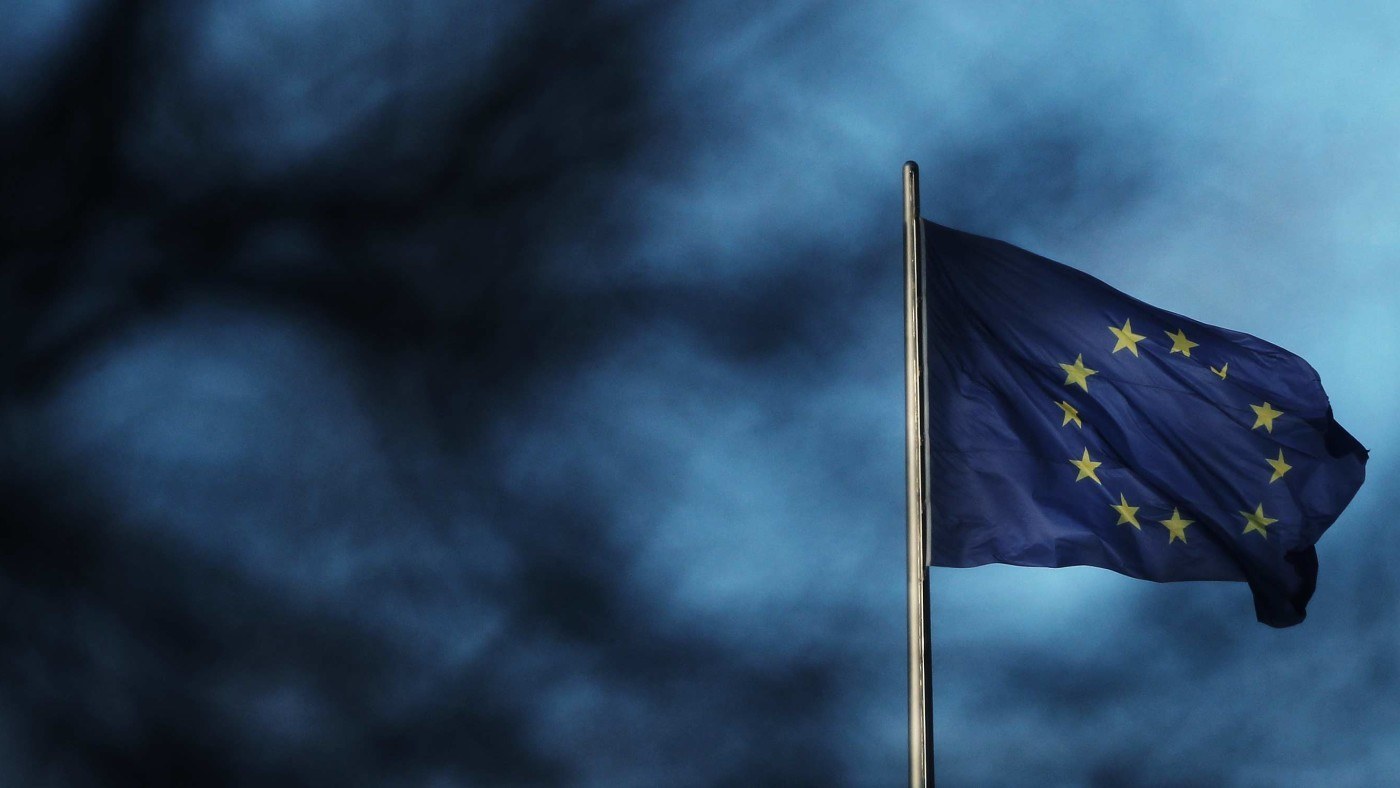Back in the 1990s, as Central and Eastern European countries were undergoing economic and political reforms that would lead to membership in the European Union, the United Kingdom was one of the most vigorous proponents of enlargement. “Widening,” as opposed to “deepening,” of the EU, both Conservative and Labour governments thought, would be good for Britain and ex-communist countries, and frustrate the designs of the euro-federalists.
Things did not work out that way. In addition to widening, the EU deepened considerably, leading to a series of crises that culminated in the Brexit referendum. Today, the United Kingdom is on its way out of the EU, but euro-scepticism is slowly gaining ground east of the former Iron Curtain.
Following the end of communism, Central and Eastern European countries were the poster children for rapid economic reforms, which included trade liberalisation, deregulation and privatisation. Having undergone difficult economic reforms of their own in the 1980s, the British assumed that ex-communist countries would be Britain’s natural allies in moving the EU in a more free-market direction.
Moreover, considering that Central and Eastern Europe had only recently overthrown their Soviet overlords and, in some cases, occupiers, they would be loath, the British thought, to cede their newly-recovered sovereignty to Brussels. Alas, the British were mistaken.
The ex-communist countries, which joined the EU in 2004, proved to be, at least for a time, thoroughgoing euro-enthusiasts.
There were a couple of reasons for the British miscalculation. First, during the Cold War, Central and Eastern Europeans were, quite literally, cut off from civilisation and yearned for a “return” to Europe. Second, ex-communist countries saw EU membership as a shortcut to prosperity and more accountable government.
With good reason, the British see the EU as economically dysfunctional and Brussels as corrupt. However, to the people of Central and Eastern Europe, who suffered impoverishment and dictatorship under communism, the EU seemed like the Promised Land.
Once inside the EU, therefore, Central and Eastern Europeans were determined to be “good” Europeans. The Lisbon Treaty, which was the first serious EU power grab after the 2004 enlargement, sailed through parliaments in ex-communist countries with little opposition. The Central and Eastern European acquiescence to the loss of sovereignty was further assured by the rise of Vladimir Putin and justified fear of a resurgent Russia.
If the fear of Russia was the stick, Structural and Cohesion Funds, through which the EU disburses money from Western Europeans taxpayers to Central and Eastern Europe, were the carrots. In reality, the funds have a patchy record in stimulating growth and employment, and are a source of massive corruption in ex-communist countries. Unfortunately, the lure of “free” money proved to be irresistible.
The slavish attitude of ex-communist countries toward Brussels started to change following the Greek bailouts and, more recently, migration crisis. Slovakia is a case in point. In 2012, I coauthored an article that noted:
“After the fall of the Berlin Wall, Slovakia underwent painful but necessary economic reforms, with the burden of the transition to capitalism squarely on the shoulders of the Slovak people. Meanwhile, Greeks were enjoying artificial prosperity stimulated by government borrowing and spending…
“…The average income in Slovakia was $17,889 in 2011; in Greece, it was $27,875. The average Slovak pension was $491 in 2010; in Greece, it was $1,775. Slovakia’s national debt is 45 percent of GDP; Greek debt is approaching 160 percent. Yet Slovakia is now being asked to borrow in order to lend to Greece, thereby sacrificing its relatively high credit rating and low interest rates. Is this solidarity?”
The co-author of that article was the former Speaker of the Slovak Parliament and the current leader of the opposition, Richard Sulik. Last week, Sulik, who is also a Member of the European Parliament, published a document entitled “Manifesto of Slovak Eurorealism: marking the 60th anniversary of signing of the Treaties of Rome on 25 March 1957”.
This thoughtful document argues in favour of the principle of subsidiarity and is consistent with one of the scenarios that the EU Commission President Jean-Claude Juncker outlined on March 1, 2017, in a white paper on the future of Europe.
Juncker’s scenarios range from a return to the common market at one extreme to a full European federation at the other extreme. The so-called “fourth scenario” can be best summed up as “doing less, more efficiently”, and foresees a future where some of the EU’s competences have been returned to the nation states.
To be sure, curtailing of the EU competences is anathema to the EU enthusiasts, such as Guy Verhofstadt, the ebullient leader of the Alliance of Liberals and Democrats for Europe Group in the EU Parliament. But, as I have argued elsewhere, it is the only scenario where the EU can survive together and retain democratic legitimacy at the same time.
Among the competences that Sulik wishes to return to the nation states are agriculture and fisheries, much of the environment portfolio, public health, civil protection, social policy and socio-economic cohesion, consumer protection, industrial development, much of the transport portfolio, energy, culture and education.
Among the EU competences that Sulik wants to strengthen are the external border of the Union, in order to prevent a repeat of the migration crisis, and the court system, in order to better enforce the existing treaties and punish countries, such as Greece, which break EU rules.
Sulik’s “Manifesto of Slovak Eurorealism” is an example of shifting attitudes in Central and Eastern European countries – away from “ever closer” supranationalism and toward a greater degree of inter-governmentalism. It represents a middle road between an illegitimate and ineffectual EU federation at one extreme, and destructive nationalism and protectionism at the other extreme. Brussels would be well-advised to take note of it, while there is still time.


